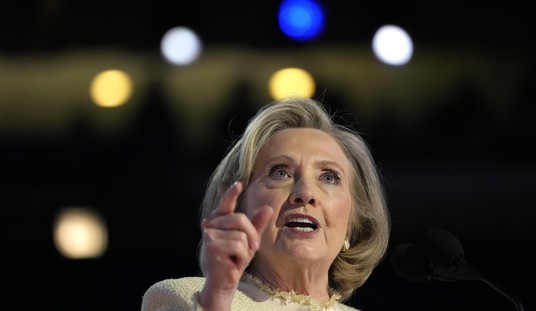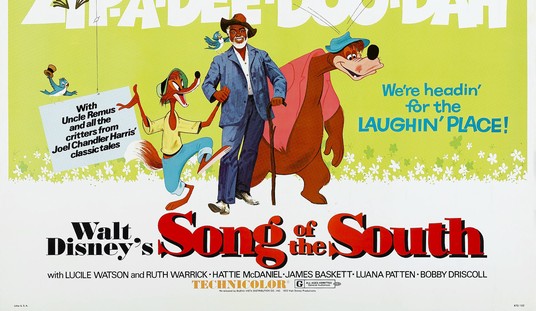Peggy Noonan explores “What Diane Blair’s papers tell us about the Clintons, and why people preserve their archives,” concluding with the following four observations:
First, the Blair papers remind us the Clintons in their early days in the White House were much like the Obamas. They didn’t know Washington and were taken aback by its meanness and mayhem. They thought it was something personally directed against them. Their reaction in turn was outsized. They thought, essentially, that any means necessary were justified in fighting the opposition’s wickedness. They didn’t understand wickedness was par for the course. In both cases their simple lack of sophistication in this area warped the politics of their era.
Second, the Clintons were of the Democratic generation that disdained Chicago’s first Mayor Richard Daley, whose administration they literally fought in the streets. He was rough, tough, the machine. The Clintons rose and went on to become . . . rough, tough, a machine. In politics as in life you can become what you hate.
Third, the Blair papers remind us that in the past quarter-century the office of the presidency has become everyone’s psychotherapy. There is an emphasis on the personality, nature, character and charisma of the president. He gets into dramas. He survives them. He is working out his issues. He is avenging childhood feelings of powerlessness. He is working through his ambivalence at certain power dynamics. He will show dad.
History becomes the therapist. The taxpayer winds up paying the therapist’s bill.
This wouldn’t be so bad—it would actually be entertaining!—if the presidency were not such a consequential role. People can lose lives when presidents work through their issues. This Endless Drama of the Charismatic President is getting old. And dangerous.
Calvin Coolidge once said that the best feature of his presidency is that his administration minded its own business. And mister, we could use a man like Coolidge again.










Join the conversation as a VIP Member